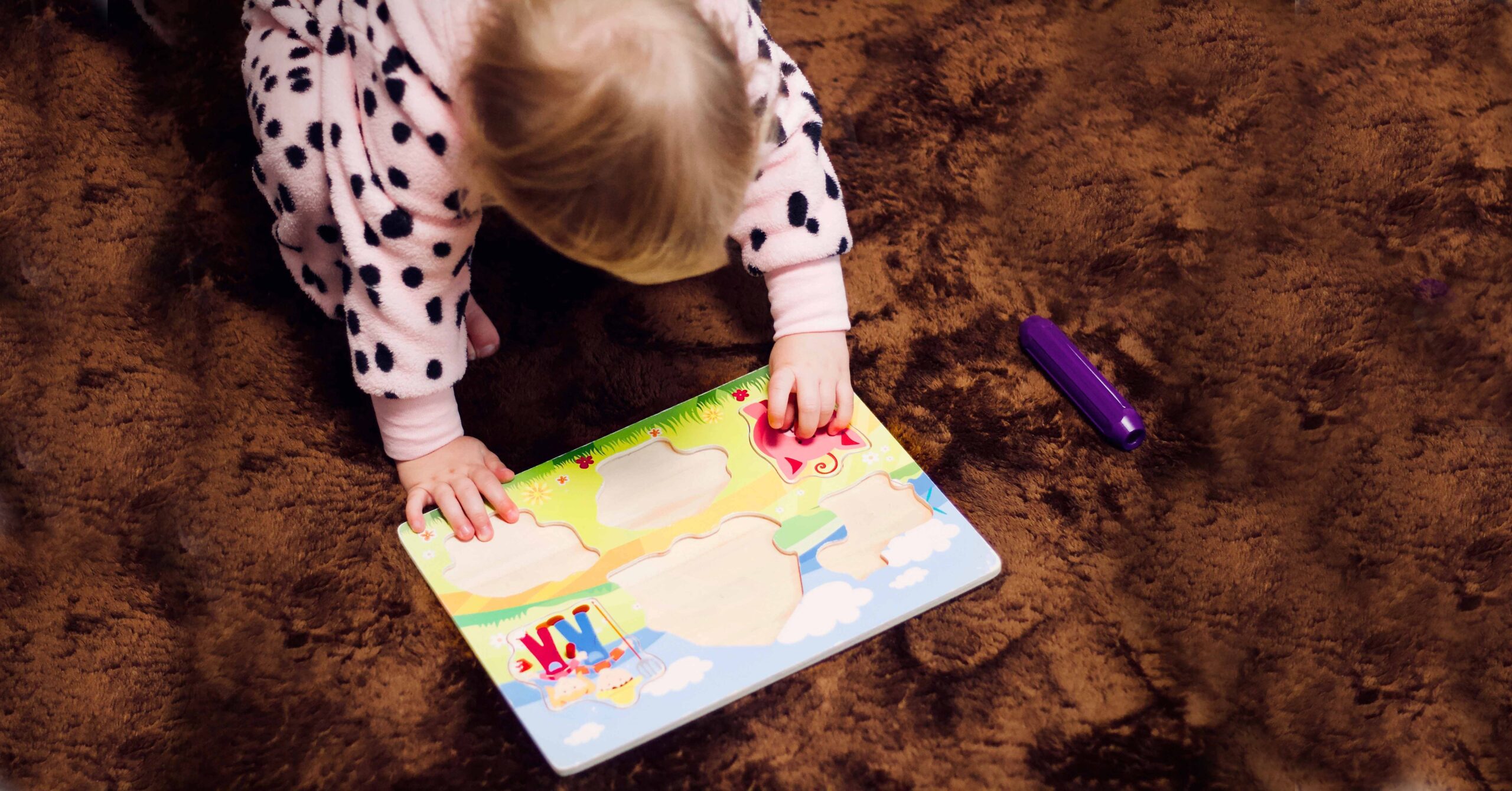“Life does not have to be a zero-sum game—life does not have to be “my gain means your loss” and vice versa.”
– Sarah Fitz-Claridge
From the archives: Posted on the Attachment Parenting list, parent-l, on 20th May, 1998
In an earlier post, I had explained that Taking Children Seriously children tend to listen to their parents rather than ignoring their advice, because unlike some children, they are not in a defensive state in which they are expecting to be thwarted. When you expect someone to be trying to thwart you, you are much less likely to listen when that person does have some genuinely good advice.
A poster replied:
“Sarah, want to come and live at my house? Unfortunately, both of my children seem to have inherited this trait that I have that makes us think and strongly believe that our way is the only way.”
This could be good or bad depending upon how you mean it. It is part of Taking Children Seriously thinking that the right thing to do is what you yourself think the right thing to do, not what someone else thinks you should do. We Taking Children Seriously folks ensure that that happens by creating solutions to problems or disagreements that we all prefer to our initial ideas and any other candidate solutions anyone has thought of. A Taking Children Seriously outcome = doing what one wants (and everyone else doing what they want too). That could be what you mean. Or it could be that you mean “What I say goes and that’s final.”
Parents who have been coerced as children (we all have, of course) sometimes develop a “my way is the only way” attitude to life. This is a useful life strategy in terms of preventing other people treating them badly, etc., but it is an absolute disaster for their children.
Why? Because in applying their “my way is the only way” strategy to their interactions with their children, they thereby do to their children precisely what their own parents did to them—the very thing that caused them to develop that life strategy in the first place. So in dealing with the coercion they themselves were subjected to as children, they inadvertently pass on the very same coercive policy handicap to their children. This is a very powerful meme which we Taking Children Seriously people are trying not to pass on to our own children.
Understanding that this kind of “it’s my way or the highway” coercive policy tends to be passed down from generation to generation can help. Life does not have to be a zero-sum game—life does not have to be “my gain means your loss” and vice versa. Unlocking the power of the creativity of the Taking Children Seriously problem-solving institution really does help in this. “Not coercing” is not enough. The most important aspect of Taking Children Seriously is the decision-making institution and its potential to create a virtuous circle of real solutions.
I hope this helps.
See also:
- “Why do parents coerce their children despite having been through it themselves?”
- Dynamic tradition and children
- Are children being taken seriously good at detecting coercion?
Sarah Fitz-Claridge, 1998, ‘Breaking the spiral of coercion’, https://takingchildrenseriously.com/breaking-the-spiral-of-coercion/
